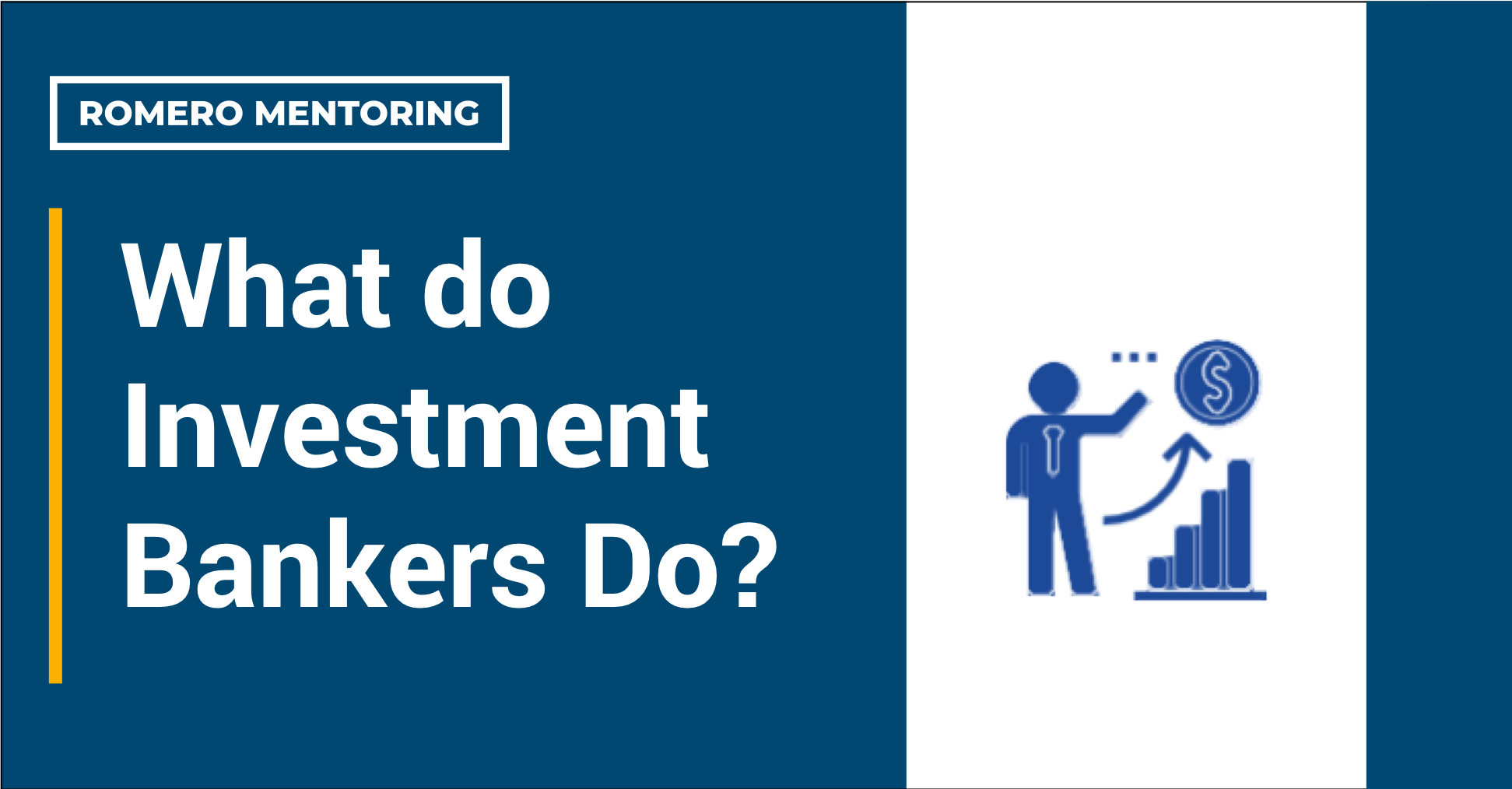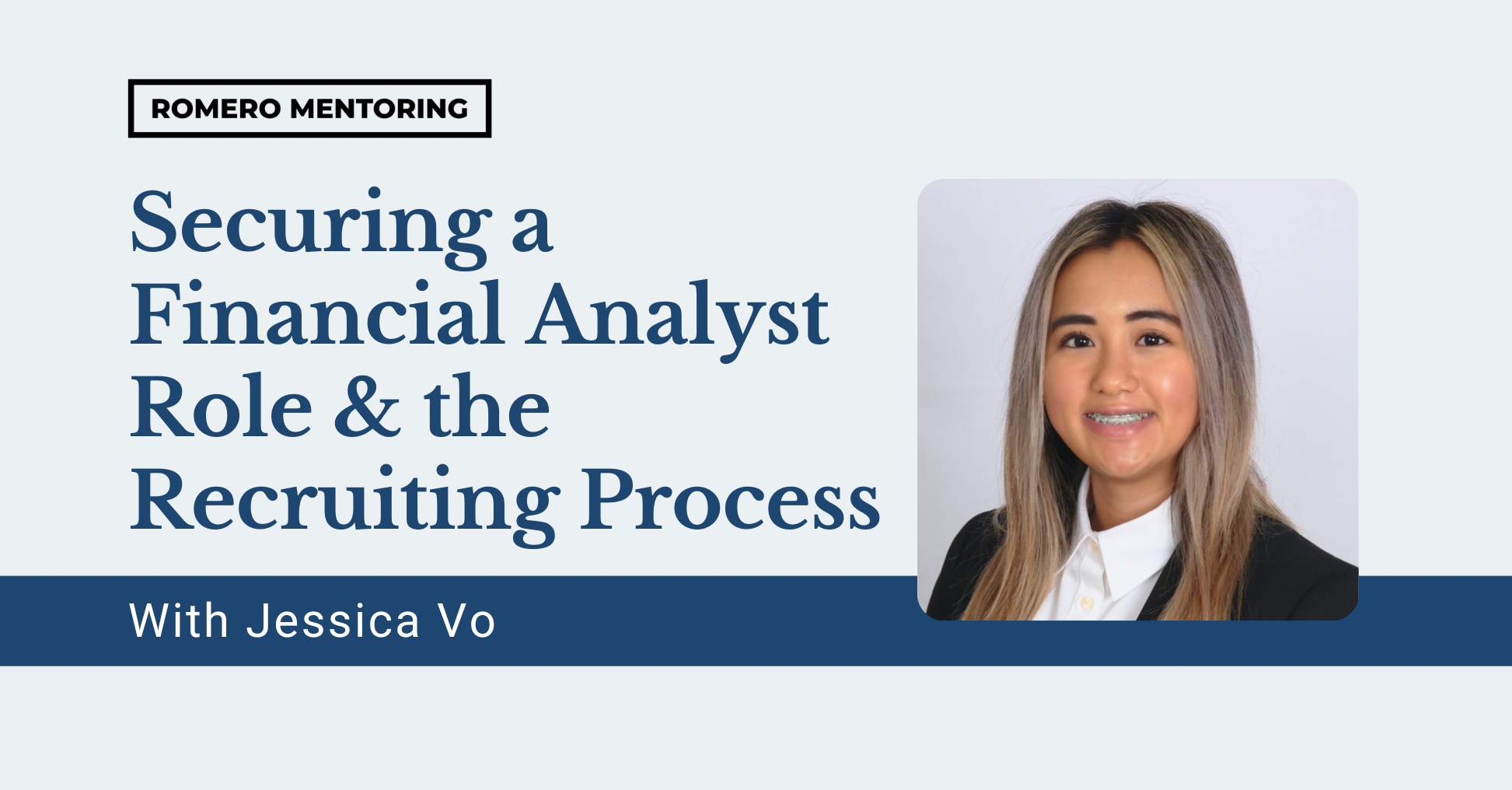So you want to become an investment banker, but have no idea what investment bankers really do.
An investment banker is someone who works in an investment institution sourcing funds for governments, companies, and other organizations. This is one part of the world of finance that has many overlapping areas of focus similar to the role of financial analysts. They increase money by providing and exchanging certainties in the central market and helping public and private agencies raise investments in the principal markets. They may also offer tactical guidelines to their customers on particular contracts such as incorporations and expenditures and other types of banking deals.
So what do investment bankers do?
An investment banker offers a lot of financial services like other bankers do, except they specialize in sourcing capital for companies and government entities. Their responsibilities differ from increasing funding, guiding, financing, agent services, convertibility services, investigation, and benefits administration.
Investment bankers exist to provide the necessary investment companies and governments need to operate. Investment banks also handle initial public offering (IPO) of companies that want to go public on the stock market.
Investment bankers are traveling salespeople, which describes why many are so stressed from their daily duties. It also explains why many enjoy the life of an investment banker because some may like the large workloads and long hours due to their high compensation.
The 4 Things Investment Bankers do
All the jobs of an investment banker can be divided into four broad classes:
1. Financial Analysis:
It is one of the fundamental responsibilities of investment bankers to ensure every investment is worthwhile. This is to say; there is a lot of investment inspection and quotation needed for acquiring investments and awareness of a companies’ news and market conditions. They use a diversity of investment templates and implementations in their frequent analysis of possible investments into companies or government entities. This is the most important task for any investment banker.
2. Client Management:
This is one of the prime duties of an investment banker at a higher ranking position in the company. It requires generating records, presentations, and customer relationships. Real Estate and well-being management businesses are in the grip of this. Since investment banks work for customers across the world, investment bankers need to travel a lot to service their customers and maintain relationships with their firm’s largest accounts.
3. Communication:
Investment bankers, independently or in a team, need to perform as a mediator and interrelate with the customers and the extraneous organizations. This process is especially important in accounts of mergers & acquisitions and raising funds like IPO for their customers. It requires a lot of communication, both verbal and written, between the parties elaborated. These bankers even work with different industry groups and also with quickset foundations.
4. Data management:
Investment bankers always have to work with a lot of numbers and a broad set of time series points. The category of work commands an investment banker to be well versed in data crunching. It includes assembling data from different sources and depositing them in a well-ordered process for future recommendations. This data can be composed of multiple sources such as yearly records, estimated sheets, accountant records, books of documents, and revealed company investments.
The expertise of Investment Bankers:
Underwriting deals:
Meanwhile, while organizing financial market-sponsoring for its customers, investment bankers also mostly manage the underwriting of the share outs. This means that they supervised the possibility essential in the process by purchasing the certainties from the publishers and vending them to the public or corporate clients. Investment bankers buy the securities at one price and then add on a profit in the standard rate and, as a result, give rise to a benefit that recompenses for the possibility they go too far. This growth is underwriting growth.
Sometimes, the underwriter performs intermediaries in marketing the deals and encloses a best attempt to advertise the certainties but does not break down the underwriting chance. In this instance, the investment bankers can choose to trade confidences and get paid, on undertaking base, for the actual number of certainties they buy.
Mergers and Acquisitions:
Another aspect where investment bankers simulate is when a company is looking to purchase another company. An investment banker gives instructions on how the company should go about the purchase, including the pricing of the proposal. This requires estimating the selected company and constructing it with a price that constitutes its utility. On the contrary to the offer, companies putting themselves on sale also need investment bankers to estimate interrogating price and offers. Once in a while, mergers and acquisitions can require overlong conflicts.
Arranging Finance:
If a huge company wants to build a manufacturing plant and is looking to publish pledge financing to finance its growth, it may search for the help of an investment banker. Likewise, if a government wants to invest in building an airport, highway, or other large civil projects, it may work with an investment banker to issue bonds to raise funds.
In this instance, the investment banker would plan the bond publication, price the bond publication so that there is sufficient insistence for the bonds, work with the publisher to manage the U.S. Securities and Exchange Commission (SEC) authentication needed to publish the relationships, and help trade the bonds.
Private Deployments:
As a substitute for taking on the cost of corporate handouts, sometimes investment bankers help their customers raise funds through private deployments. For example, they could place an offering of bonds with a corporate investor such as an insurance company or a retrial fund. This is usually a quick way to raise funds after there is no need to record this offering with the SEC. The administration contemplates corporate investors to be more experienced than individual investors, so there are hardly any canons for private deployments.
Corporate Finance:
As a investment banker in corporate finance, their jobs are:
- Offering concerted customers’ instruction with mergers and acquisitions and helped them increase money from the debits and integrity market.
- Developing required documents to secure the organization and the investor and present the premise for funding accurately.
Conclusion:
By now, you should have enough information to understand what investment bankers do. Investment bankers simulate in assisting their customers in raising funds to invest many schemes and grow their businesses. They are commercial counseling mediators who help charge funds and assign it to diverse operations.
Investment banks play a vital role in helping companies and government organizations acquire assets funding. As business consultants to their customers, they help to charge assets, assign funds, and supervise investments. Even though investment banks have been investigated and condemned from many different points of view in current years, they are practically a required element for the plane, successful performance of free-market prudence.
Investment bankers are exceptionally appraised in the incorporated world. Without them, it would be challenging for organizations to get the money they need to set out their buyers and clients or spread a secure cut-throat situation in their market.
Investment administrators need to be more attentive about the validity of the data they work with because even a decimal shifting can change the perspective of your investigation. If this sounds like something you like, learn how to become an investment banker today.
Romero Mentoring’s Analyst Prep Program

The Analyst Prep Program teaches the technical and practical skills that investment banks, hedge funds, and private equity & consulting firms look for in a candidate. Students begin with little to no technical skills and develop into fully prepared professionals who can perform as first-year analysts from day one through the program’s training and internship.
Our Story
Luis Romero, founder of Romero Mentoring, spent five years developing an analyst training program that he wishes he had when he was in college – especially one that gave him access to a complete training and finance internship experience that could advance his career. Since no opportunity like this existed to him at the time, Luis went through a stressful recruiting process like so many others have. He successfully landed a full-time job offer upon graduation and worked as an M&A analyst at Credit Suisse in NYC for two years. He then moved to the buy-side as a junior trader and analyst. After gaining experience there, he created his own fund, Romero Capital, and later become an instructor in financial modeling and valuation. After working with hundreds of professionals and analysts, Luis became committed to creating his own mentoring program because he understood the crucial need for a hands-on, personal experience in the competitive world of finance.





